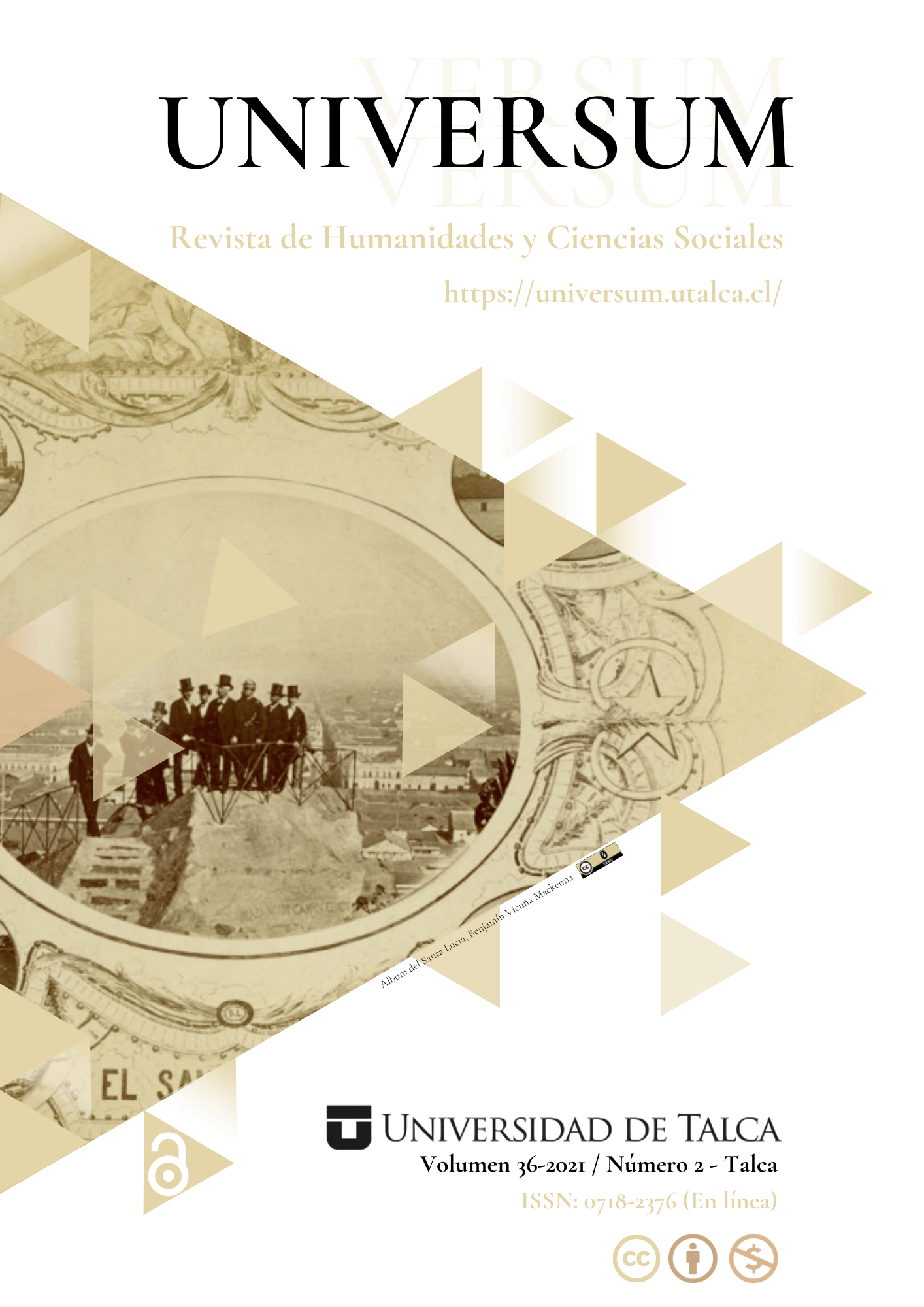Abstract
Following Alexis de Tocqueville, many contemporary authors have seen in the vitality of local associations an essential element for the health of democracies. However, many of them forget that associations are for Tocqueville a response to a concrete social phenomenon: democratic individualism that he lucidly captured in his observation of 19th century American society. This paper seeks to delve into the notion of democratic individualism exposed by Tocqueville in Democracy in America and its potential effects on freedom, and analyzes the scope of his proposal for associations in the face of this phenomenon. Unlike what contemporary authors postulate that only seem to attend to criteria of decentralization and efficiency and ignore the phenomenon of individualism, the article suggests that mere local association is not enough to save democracy from its pathologies.
References
Aligica, Paul Dragos (2014). Institutional Diversity and Political Economy. The Ostroms and Beyond. Oxford University Press.
Arendt, Hannah (2003). La condición humana. Paidós.
Arendt, Hannah (1974). Los orígenes del totalitarismo. Taurus.
Aristóteles (2015). Ética Nicomaquea. Colihue.
Aristóteles (2005). Política. Losada.
Constant, Benjamin (2019). La libertad de los modernos. Alianza Editorial.
Craiutu, Aurelian (2005). Tocqueville’s Paradoxical Moderation. The Review of Politics, 67, 599-629.
Dumont, Louis (1986). Essays on Individualism. Modern Ideology in Anthropological Perspective. The University of Chicago Press.
Foucault, Michel (2010). La verdad y las formas jurídicas. Gedisa.
Hirschman, Albert (1978). Las pasiones y los intereses. Argumentos políticos en favor del capitalismo antes de su triunfo. Fondo de Cultura Económica.
Hobbes, Thomas (1982). Leviathan. Penguin Classics.
Kahan, Alan (2015). Democratic Grandeur: How Tocqueville Constructed His New Moral Science in America. En Christine Dunn Henderson (Ed.), Tocqueville’s Voyages: The Evolution of His Ideas and Their Journey Beyond His Time, pp. 177-201. Liberty Fund.
Manent, Pierre (1990). Historia del pensamiento liberal. Emecé.
Manent, Pierre (2016). Curso de filosofía política. Instituto de Estudios de la Sociedad.
Mansuy, Daniel (2019). Tocqueville y el individualismo democrático. En Claudio Alvarado R. (Ed.), Primera persona singular. Reflexiones en torno al individualismo, pp. 41-62. Instituto de Estudios de la Sociedad.
Montesquieu (2007). Del espíritu de las leyes. Losada.
Morandé, Pedro (2017). La familia como comunidad de personas. En Andrés Bichi y Patricio Velasco (Eds.), Pedro Morandé. Textos sociológicos escogidos, pp. 273-286. Ediciones Universidad Católica.
Nisbet, Robert (2009). La formación del pensamiento sociológico. Amorrortu.
Ostrom, Elinor (2015). Governing the Commons: The Evolution of Institutions for Collective Action. Cambridge University Press.
Ostrom, Elinor y Ostrom, Vincent (2014). Choice, Rules and Collective Action: the Ostroms on the Study of Institutions and Governance. ECPR Press.
Putnam, Robert (2000). Bowling Alone: The Collapse and Revival of American Community. Simon & Schuster.
Schleifer, James (2012). How to Preserve Liberty? En James T. Schleifer (Ed.), The Chicago Companion to Tocqueville’s Democracy in America, pp. 101-117. University of Chicago Press.
Tocqueville, Alexis de (2018). La democracia en América. Trotta.
Tönnies, Ferdinand (2009). Comunidad y asociación: el comunismo y el socialismo como formas de vida social. Comares.
Villa, Dana (2006). Tocqueville and Civil Society. En Cheryl B. Welch (Ed.), The Cambridge Companion to Tocqueville, pp. 216-244. Cambridge University Press.
Wilford, Sarah (2019). Towards a More ‘Tocquevillian’ Social Science: Family, Gender, Loyalty, and Virtue in Modern Democratic Associationalism. En Donald J. Boudreaux, Christopher Coyne y Bobbi Herzberg (Eds.), Interdisciplinary Studies of the Political Order, pp. 41-66. Rowman & Littlefield International.

This work is licensed under a Creative Commons Attribution-NonCommercial 4.0 International License.


